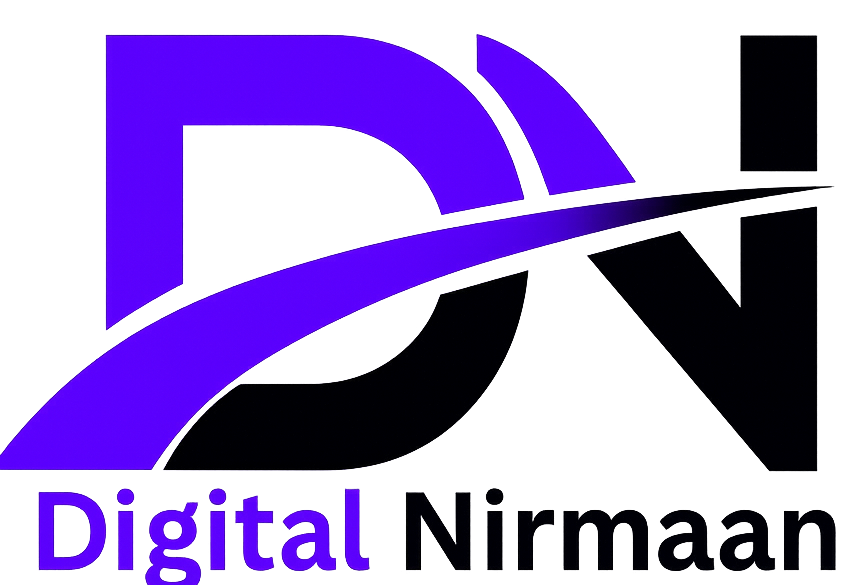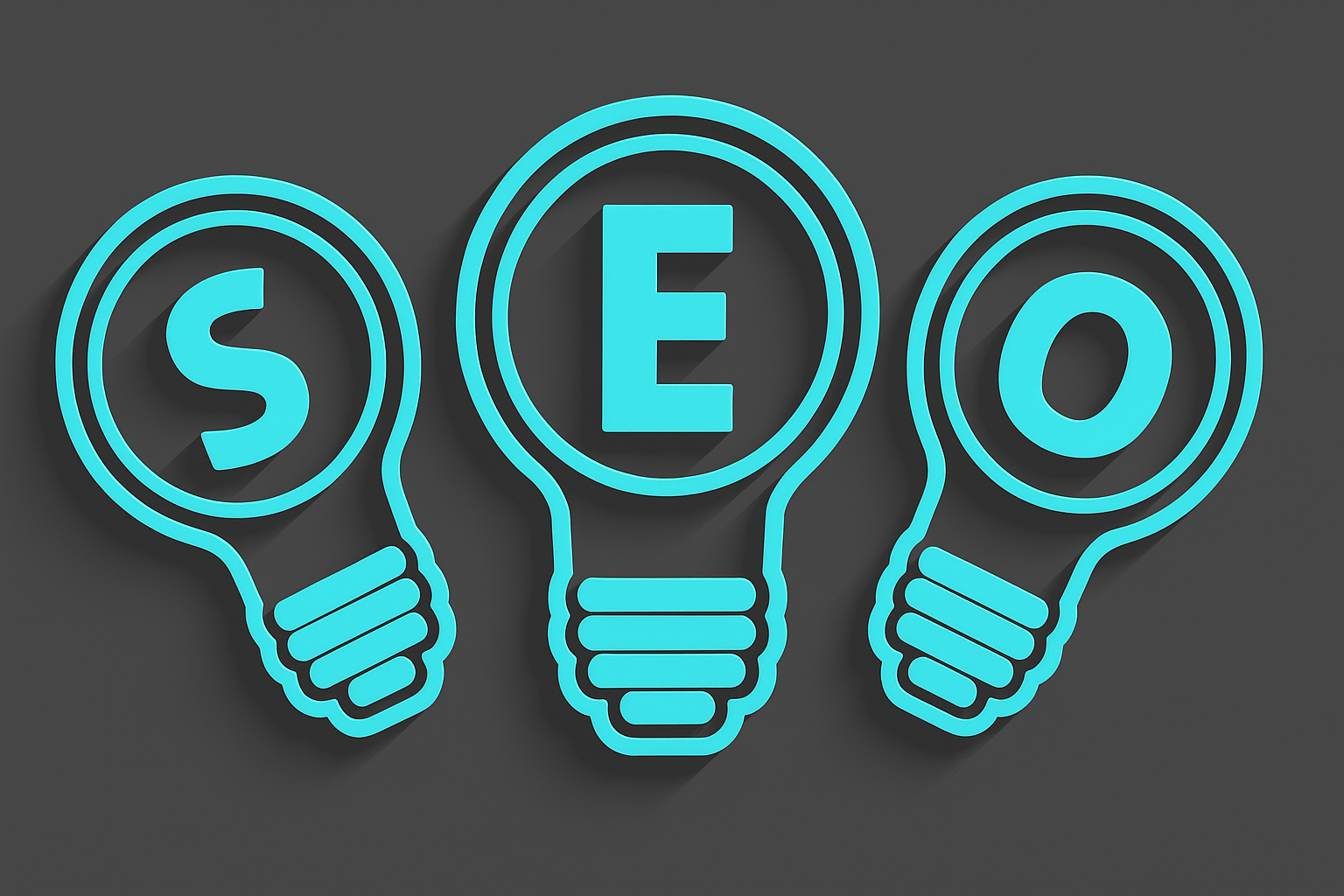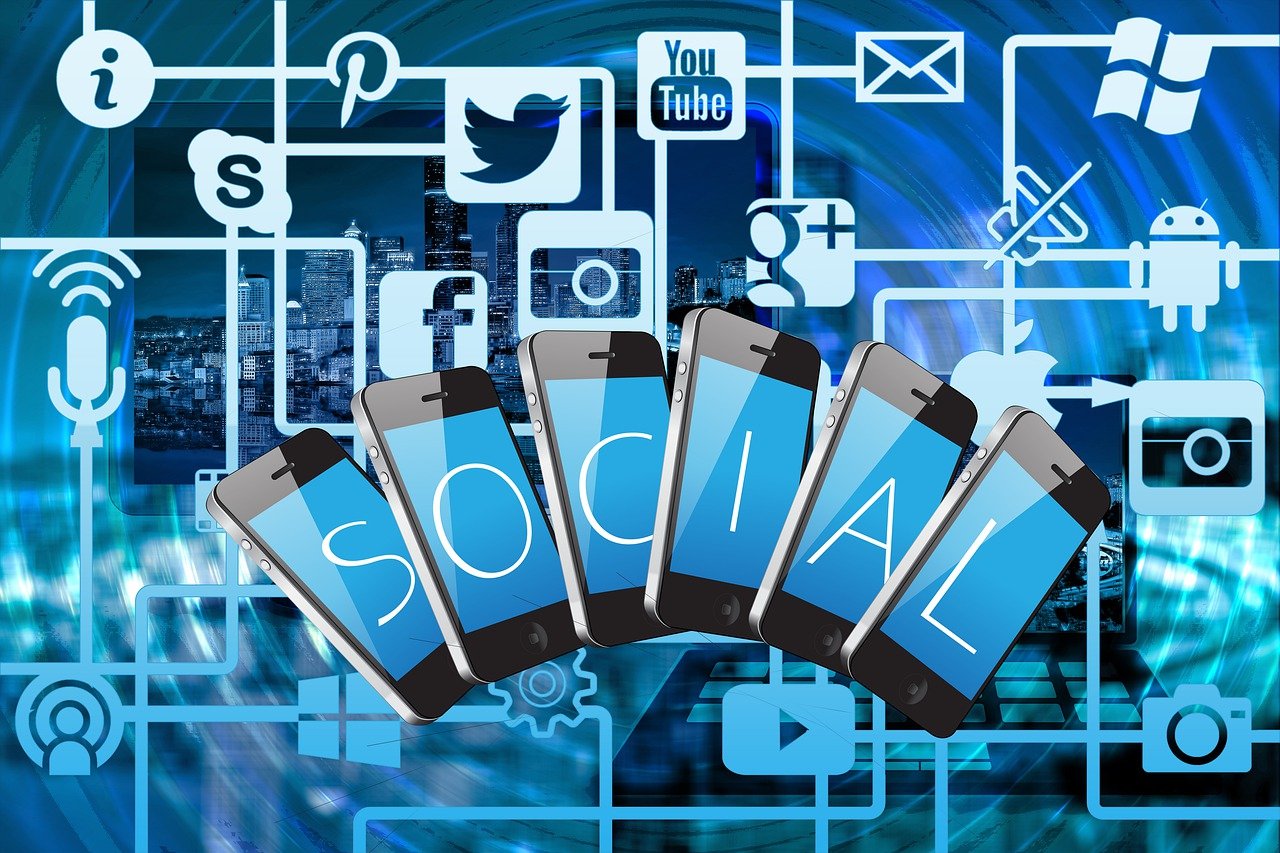In today’s competitive online landscape, AI in Digital Marketing is no longer just an emerging trend — it has become a vital tool for brands aiming to grow, innovate, and outperform competitors. Businesses are using Artificial Intelligence to understand customer behavior, streamline marketing operations, and achieve higher returns on investment.
From predictive analytics to automated workflows, AI in Digital Marketing is revolutionizing how companies plan, execute, and optimize campaigns. When implemented strategically, it enables marketers to deliver hyper-personalized experiences, boost engagement, and drive long-term customer loyalty.
Why AI in Digital Marketing is a Game Changer
The shift from generic, mass-marketing campaigns to highly targeted, personalized strategies is transforming the industry — and AI in Digital Marketing is at the heart of this change. With its ability to process vast amounts of data in seconds, AI empowers marketers to:
- Analyze customer behavior more accurately than ever before.
- Predict audience preferences and buying intentions.
- Automate repetitive tasks like ad placements, email campaigns, and report generation.
- Focus on high-impact marketing strategies instead of time-consuming manual work.
By leveraging AI-powered insights, businesses can make faster, smarter decisions that are backed by real-time data rather than guesswork.
Key Applications of AI in Digital Marketing
The versatility of AI in Digital Marketing means it can be integrated into nearly every aspect of your marketing strategy. Here are some of the most impactful applications:
- Personalized Content Recommendations – AI algorithms, like those used by Netflix and Amazon, tailor recommendations based on each customer’s viewing or purchase history.
- AI Chatbots and Virtual Assistants – These provide 24/7 customer support, resolve queries instantly, and enhance user experience.
- Predictive Analytics – AI analyzes historical data to forecast market trends, enabling businesses to anticipate customer needs.
- Programmatic Advertising – AI automates ad buying, ensuring that marketing messages reach the right audience at the right moment.
- Voice Search Optimization – AI helps optimize content for voice-enabled devices like Alexa, Google Assistant, and Siri.
Steps to Implement AI in Digital Marketing Effectively
To get the most out of AI in Digital Marketing, businesses must follow a structured approach:
- Set Clear Objectives – Determine if your primary goal is to increase leads, improve engagement, or boost conversions.
- Choose the Right AI Tools – Use platforms that align with your objectives, such as Google Analytics 4 for insights, HubSpot for automation, or Jasper AI for content creation.
- Integrate Across Multiple Channels – Ensure your AI tools work seamlessly across websites, social media, email marketing, and paid ads.
- Train Your Marketing Team – Equip your team with the skills to interpret AI data and apply it effectively.
- Monitor and Optimize Continuously – Regularly review AI performance metrics and fine-tune your strategies.
Benefits of Using AI in Digital Marketing
When applied strategically, AI in Digital Marketing can unlock multiple benefits, including:
- Enhanced Customer Experience – Deliver personalized messages and product recommendations.
- Time and Cost Efficiency – Automate repetitive tasks, freeing up time for strategic planning.
- Better Targeting – Identify high-value leads and prioritize them effectively.
- Data-Driven Decisions – Use accurate, real-time data for smarter marketing moves.
These benefits combine to make AI a powerful growth driver for any modern business.
Challenges of AI in Digital Marketing
While the advantages are impressive, AI in Digital Marketing does come with certain challenges:
- High Initial Investment – Advanced AI platforms and tools can be costly.
- Data Privacy and Security – Brands must comply with regulations like GDPR to protect customer data.
- Risk of Over-Automation – Excessive reliance on AI can remove the human touch, which is essential for creativity and building relationships.
Finding the right balance between AI’s efficiency and human creativity is essential for long-term success.
Future Trends in AI-Driven Digital Marketing

The future of AI in Digital Marketing is filled with exciting possibilities. Businesses can expect advancements such as:
- Hyper-Personalization – Delivering marketing content and offers tailored to individual customers in real time.
- Visual Search – Allowing consumers to search for products using images rather than text.
- Emotion AI – Understanding customer emotions and adapting messages accordingly.
- Real-Time Campaign Adjustments – AI-driven systems automatically adjusting strategies based on live audience behavior.
Early adopters of these trends will have a significant competitive edge.
Final Thoughts
In today’s fast-paced digital era, AI in Digital Marketing has evolved from being a supportive tool to becoming the backbone of marketing strategies. Its ability to analyze data, predict trends, and personalize content makes it a game-changer for businesses that want to connect with customers on a deeper level.
The key to success lies in combining AI’s analytical precision with the creativity and emotional intelligence of human marketers. As technology advances, brands that embrace AI in Digital Marketing today will be better equipped to transform data into powerful strategies — and strategies into measurable success.





Leave a Reply